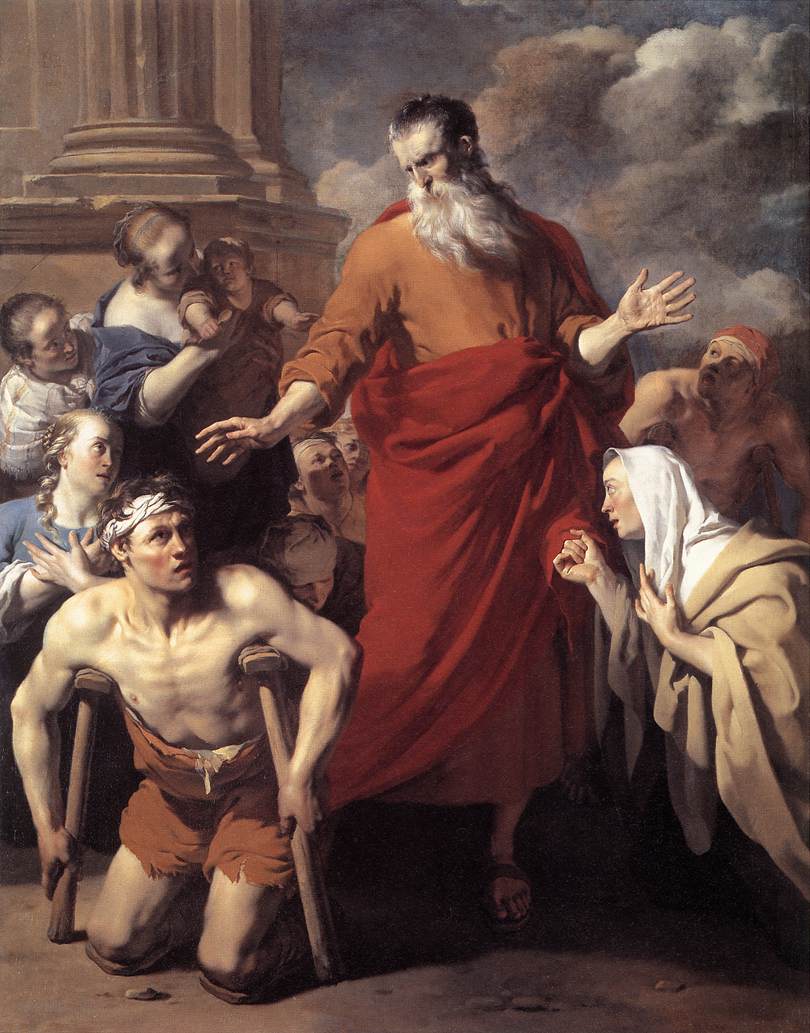Whether you’re new to the Bible or have been a Christian for a while, you may be wondering what Acts chapter 14 means. This is a fascinating chapter, filled with amazing signs and wonders. It also contains some wonderful teachings about God’s sovereignty and the love of Christ for the church.
Signs and wonders

Several signs and wonders occur in Acts. Some Christians think that the presence of these events is proof that God is present. But others think they should be reserved for miracles only.
The apostles were able to do signs and wonders because they spoke boldly, gave glory to the Lord, and were reliant on the Lord for their ability to perform miracles. The miracles also attested to the truth of the gospel. However, some people in the Book of Acts did not believe the gospel because of these signs and wonders.
One example of a miracle is that of the healing of a lame man in Lystra. The man was lame from birth, but when Paul asked him to stand up, he did. The man then began walking.
God’s sovereignty

Defining the concept of God’s sovereignty is a difficult task. However, it is a prerequisite for the rest of the truths found in the Bible. God is in control of every detail, from the creation of the universe to the fall of mankind. It is impossible for him to be a liar.
The Bible is filled with examples of God’s sovereignty. Several Bible verses, such as Matthew 5-7 and Psalm 103:19, mention God’s control over the universe.
The Bible also mentions God’s love, which is the foundation of all other truths. In fact, the love of God is so great that He actually gave His Son to die for the sins of the world.
In fact, God is the lord of lords and Lord of kings. His lordship is so personal that the Bible mentions it over 7,000 times.
Christ’s love for the church

Among the many things the Bible has to teach us about the church is the love of Christ for the church. The love of Christ is not only a motivating force but is also a force for good. The love of Christ compels us to obey, to love the lost, and to share the gospel of salvation with others.
The love of Christ for the church is illustrated in Ephesians 5:25. It shows how Christ sacrificed to make the church a reality. It also explains how Christ is the head of the church.
The love of Christ for the church is also demonstrated in 1 Timothy 5:17-18. It shows how believers helped victims of disease, hunger, and injustice. It is also a demonstration of how the church can support its ministers.
Lycaonia
Located in modern-day Turkey, Lystra was a small town that was a staging post for the Pisidian Antioch. Lystra had a number of thriving Greek communities, as well as a variety of Roman soldiers. A temple to Zeus was situated outside the city.
The ‘L’ in Lystra is said to mean a lot of things, but it’s also a good way to get a look at the city’s religious culture. The city was a mixture of Greek and native Lycaonians. Lystra is said to be the home of Timothy.
The locals weren’t a fan of Paul and Barnabas’ preaching. The apostles thought it was a natural occurrence to speak in the native tongue, so they didn’t interfere. After Paul healed the man’s leg, the locals were awestruck. They lifted up their voices to proclaim the miracle.
The Jews from Antioch and Iconium
During the missionary journey, the apostles spent considerable time in the name of the Lord speaking to a great crowd of Jews and Greeks. These apostles also performed signs and wonders as evidence of the message of grace. Several Jewish naysayers were also stirred up against the brothers. Eventually, they got the crowd to stone Paul. These Jews may have wished to expel the apostles because they found their message insulting to their beliefs.
The Jews from Antioch and Iconium were a group of Jews who were opposed to Paul and Barnabas. They tried to get the people to stone them for their preaching. Ultimately, they were expelled from the city.
Some Iconians sided with the Jews, while others believed the apostles’ message. The apostles also strengthened the souls of the disciples. They spoke to a great crowd of Jews, Greeks, and Gentiles. They also ordained elders for each church. These apostles also spoke boldly about the grace of the Lord and urged the disciples to abide in their faith.







